On November 6, in Ho Chi Minh City, Tien Phong Newspaper in collaboration with Ho Chi Minh City University of Transport organized a seminar with the theme "Identifying and combating fake news in the AI era". The program aims to help students gain a deeper understanding of how to respond to fake news and use technology safely and responsibly in the era of strong artificial intelligence development.
Learned AI from first year
Speaking at the seminar, Mr. Le Quoc Tuan - Deputy Director of the Institute of Information Technology and Electricity and Electronics - Ho Chi Minh City University of Transport said that the school has soon included courses on Artificial Intelligence (AI) and Innovative Thinking into the training program for first-year students.
“Right from the beginning of the school, students have been taught two subjects: Artificial Intelligence and Applications, and Innovative Thinking. The goal is to help students quickly recognize the role of information technology and understand the basics of AI - machine learning, deep learning, algorithms and big data,” said Mr. Tuan.
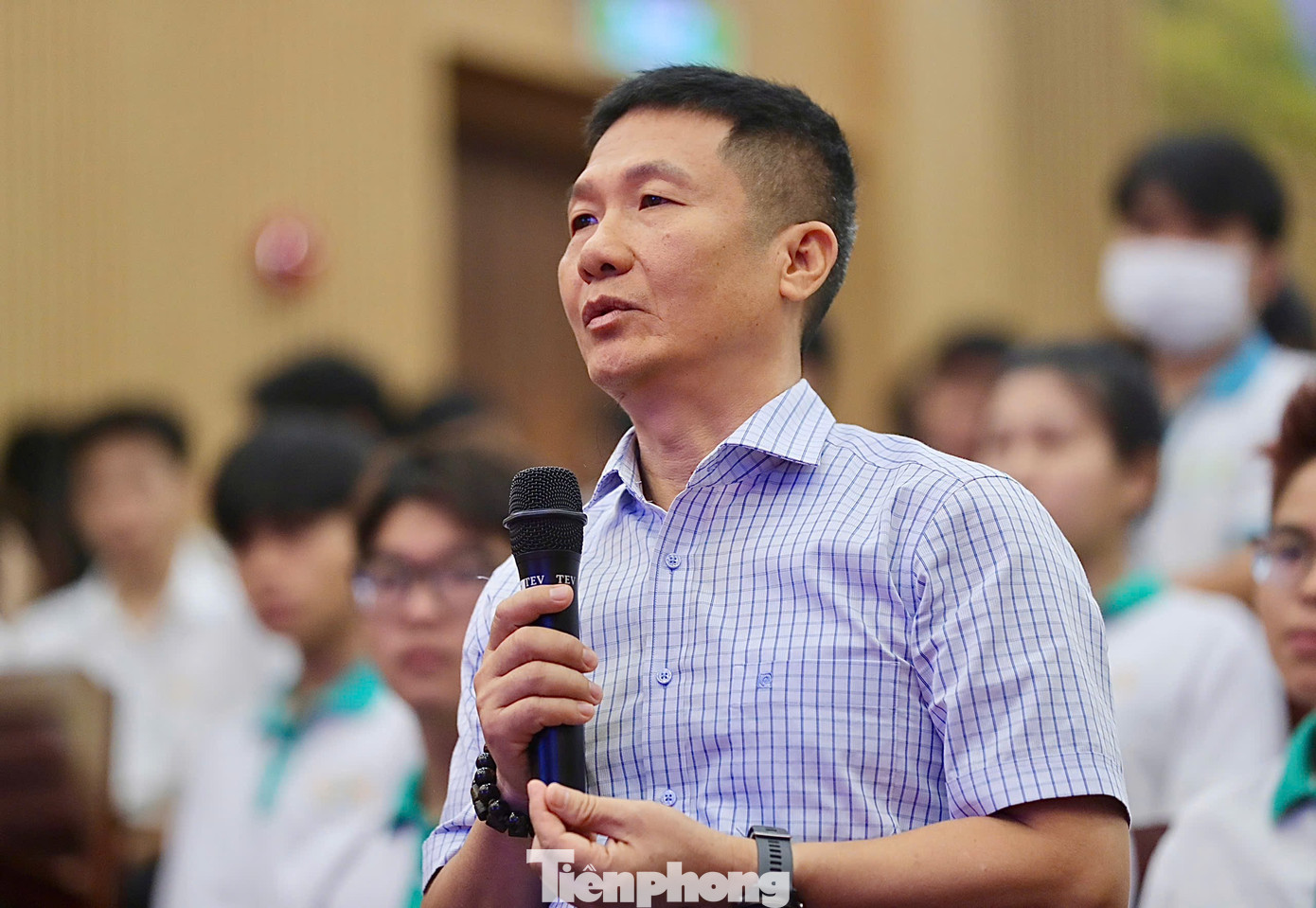
According to Mr. Tuan, early training helps students grasp the foundation of modern technology, thereby being able to distinguish and apply AI properly. While AI brings many benefits, it is also exploited by bad guys to create sophisticated forms of fraud such as face and voice forgery to steal personal information.
Mr. Tuan said that if in the past, image editing was mainly done manually by humans using software like Photoshop, now AI technology can automatically process, crop, and create animated images from still images, making it difficult for users to distinguish between real and fake.
“We need to limit sharing private content. Those who study AI will know that with just a voice or image, technology can copy and recreate almost perfectly. AI can learn the voice, frequency, and create a copy that if listened to for a long time, it will make real people tired, because the brain waves have to continuously receive artificial sounds,” Mr. Tuan noted.
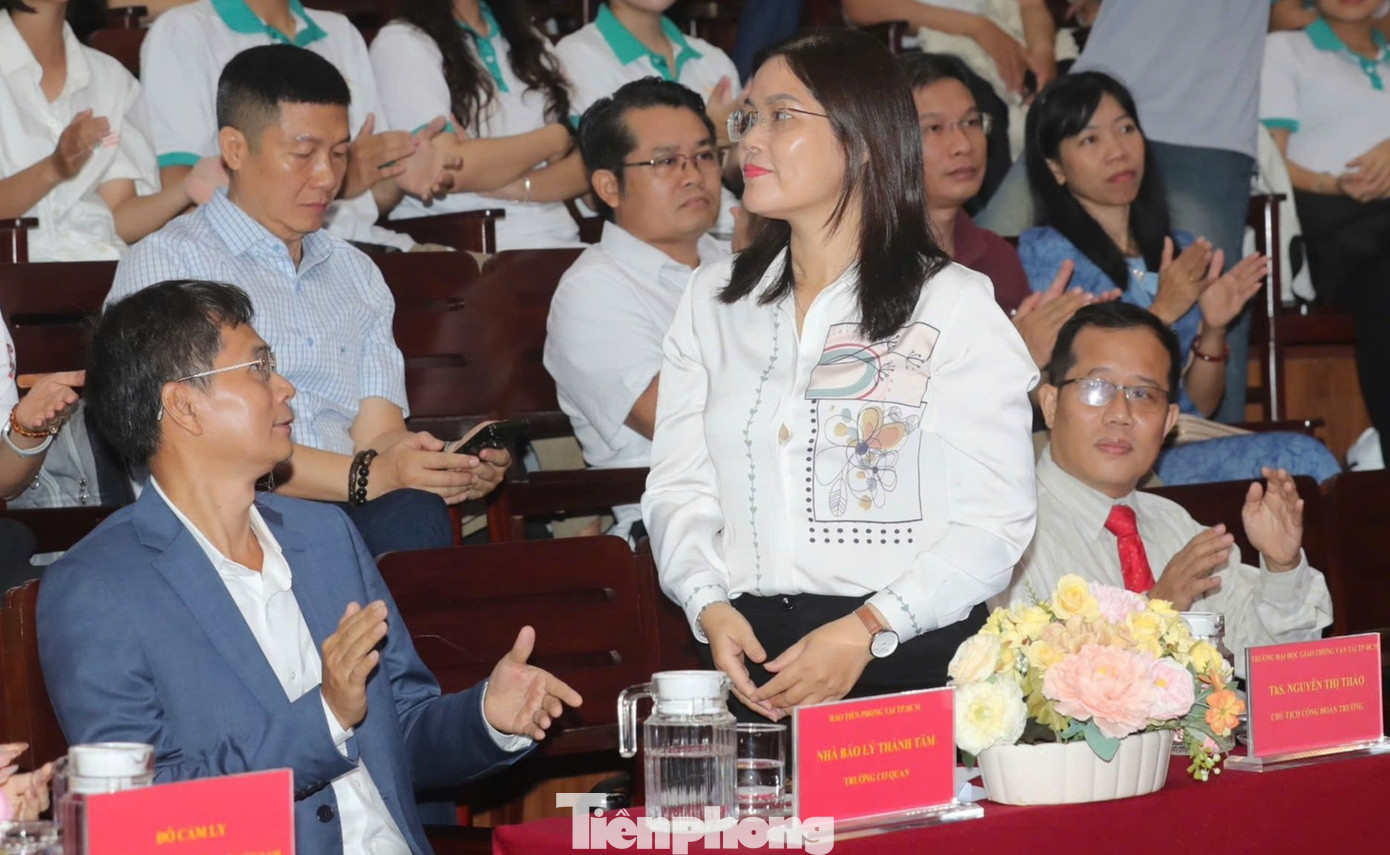
Mr. Tuan also said that protecting privacy is a big challenge in the technology field today. Although operating systems have added many control and tracking features, users are still vulnerable to personal data collection through smart devices.
“Just talking about buying a computer or phone, smart devices can record and suggest advertisements immediately. Personal data such as location, habits or interests can be sold to third parties. Therefore, awareness and protection of privacy is very important,” Mr. Tuan added.
In addition, Mr. Tuan recommends that students use multi-layer authentication to protect their online accounts and be wary of fake calls.
“The police and authorities never call people to ask them to transfer money or provide personal information. If you receive a strange call, it is best to ask again, delay, or contact the authorities directly,” Mr. Tuan emphasized.
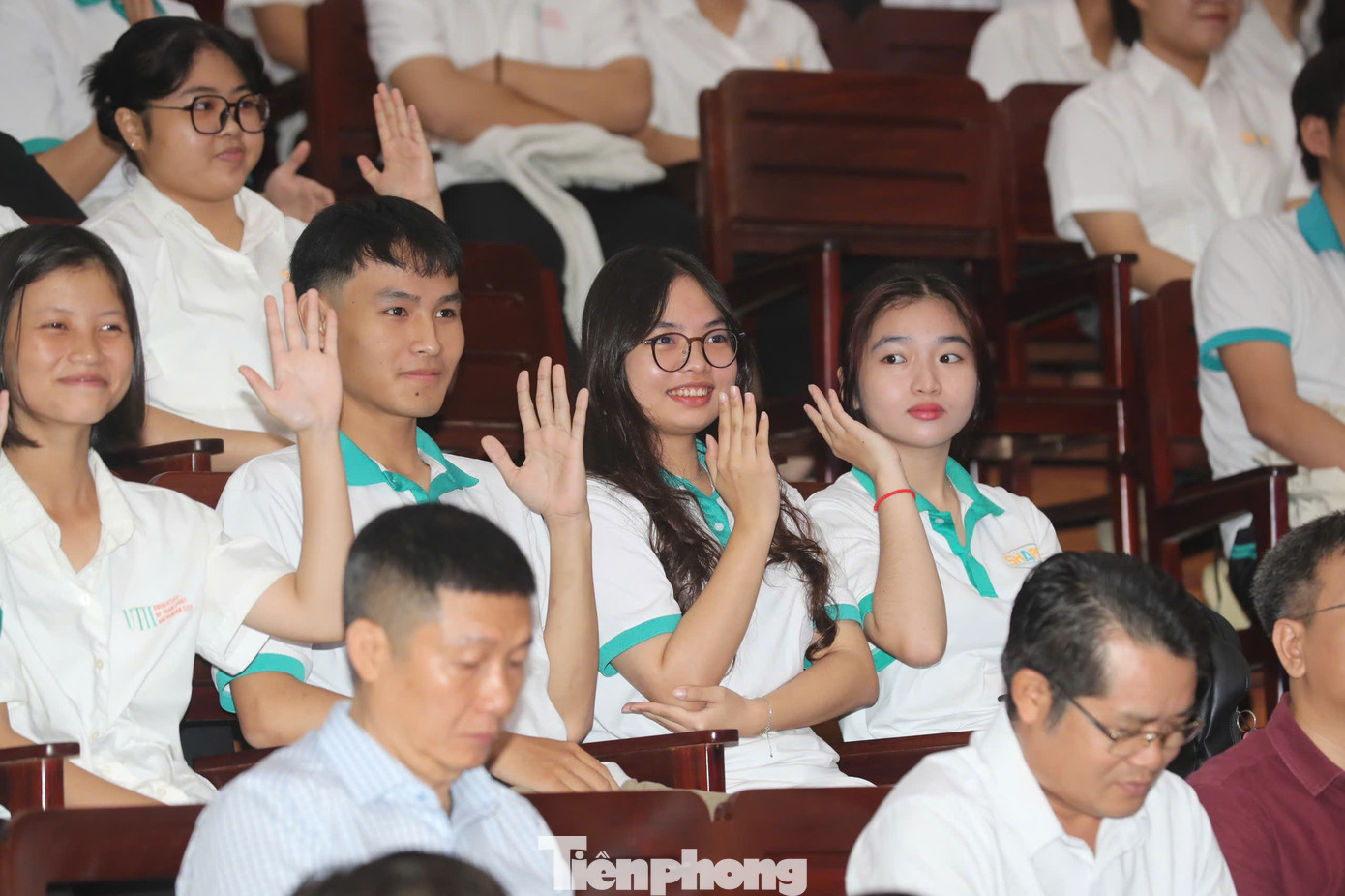
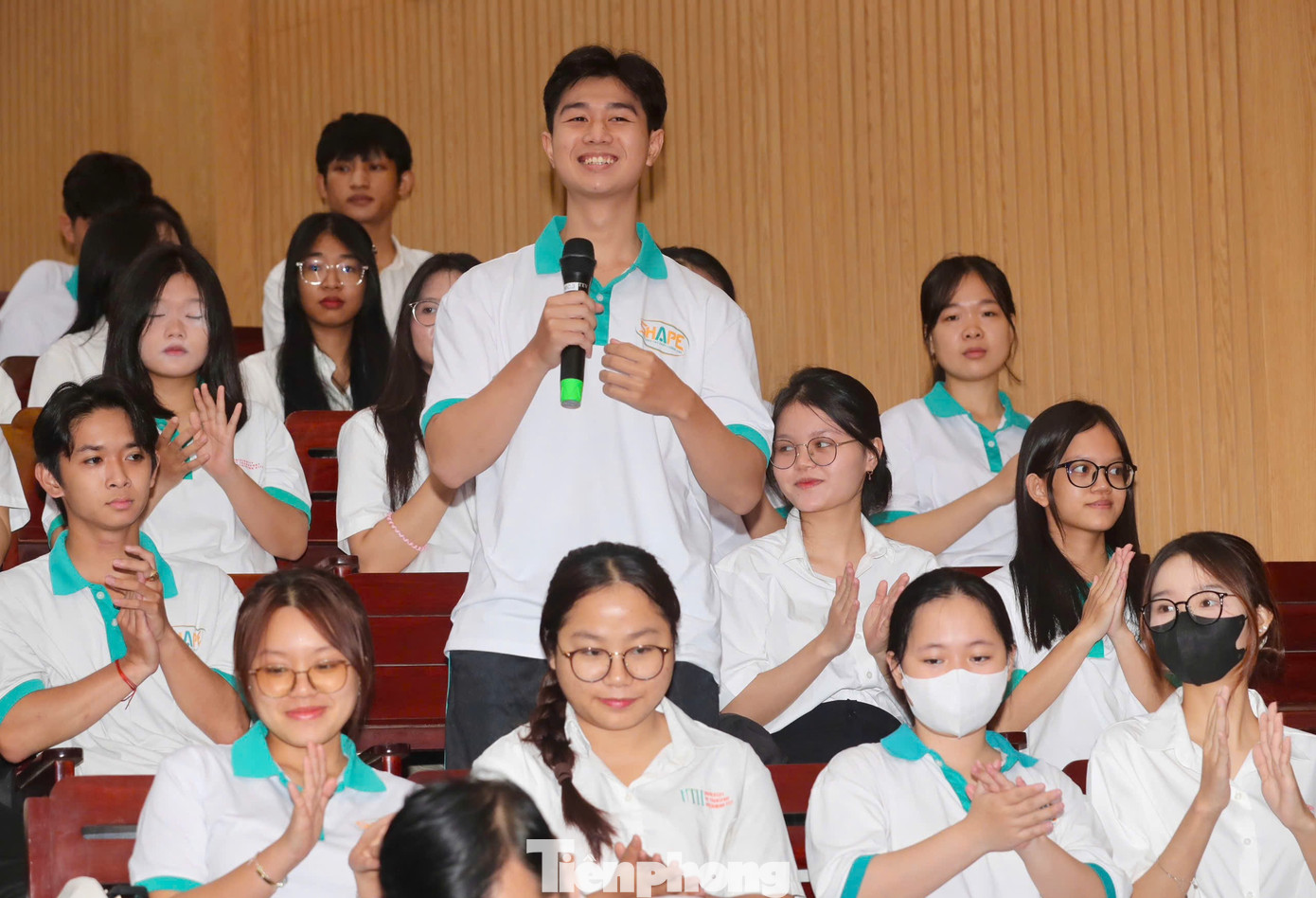
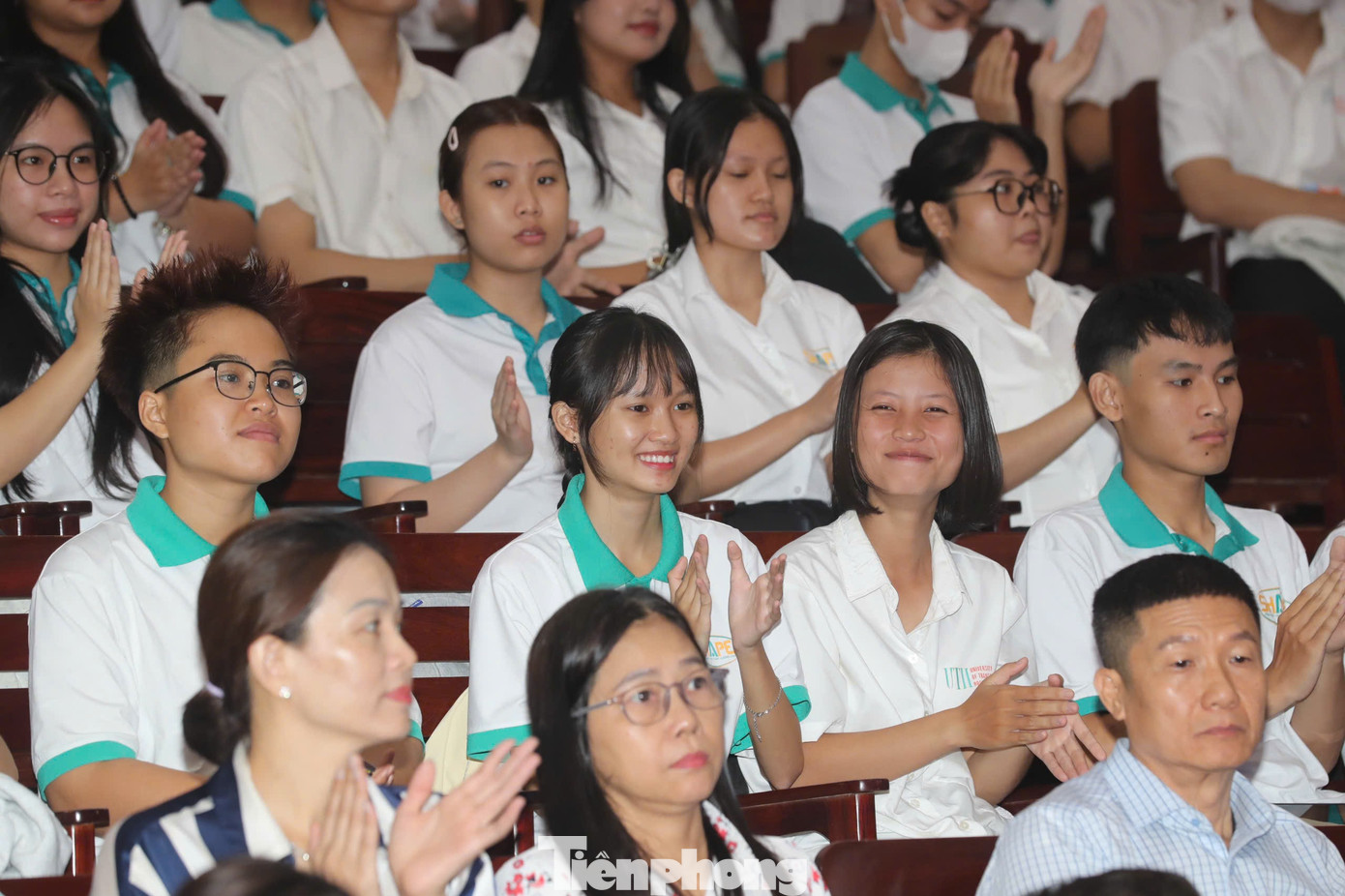
According to this expert, in the social network environment, every small action such as “like”, “share” or “comment” is recorded by the algorithm and can be exploited to manipulate public opinion. Therefore, students need to be careful when expressing opinions or sharing unverified information.
“On social networks, if a group of people share or comment negatively, the 'ant swarm, fly swarm' effect will cause information to spread quickly and cause serious consequences. You should carefully study legal regulations such as the 2018 Cyber Security Law, the Information Technology Law or the E-commerce Law to clearly understand your responsibilities when participating in the digital environment,” Mr. Tuan recommended.
“Increasing information antibodies” for students
Speaking at the seminar, Mr. Nguyen Duc Chien - Secretary of the Youth Union of Ho Chi Minh City University of Transport - said that recently, the school had recorded a case of fake scholarship documents. The documents were presented very professionally, with logos and standard administrative language, making many students believe it was real, even in some cases almost transferring money to "pay the scholarship fee".
“As soon as it was discovered, the school verified, worked with the relevant authorities and issued an urgent warning on the entire official information system, while affirming that all school announcements are only published on the website and internal channels, not sent through unknown sources,” Mr. Chien shared.
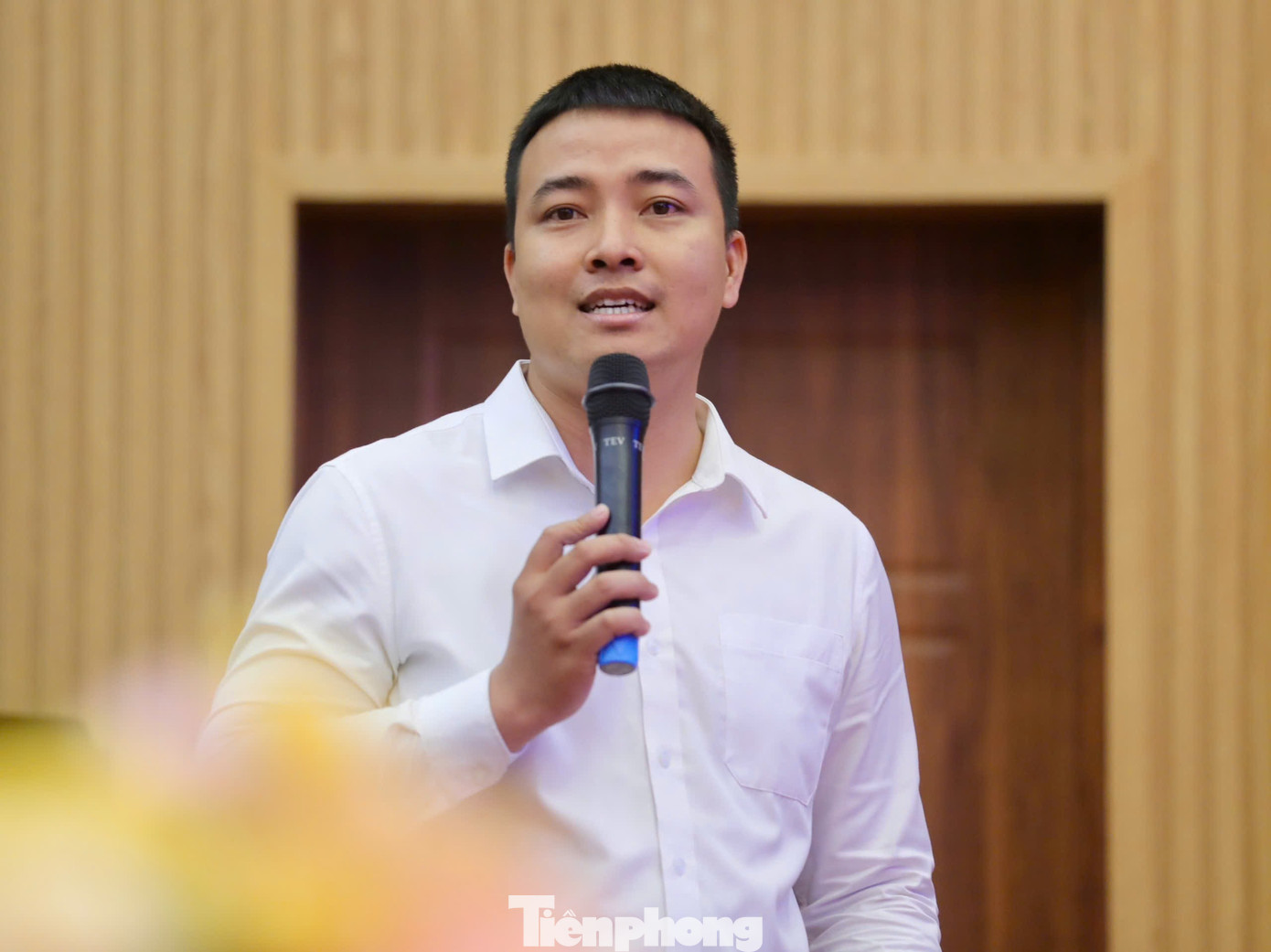
From that incident, the school realized that preventing fake news is not just a temporary task but a long-term responsibility. The school's Youth Union has coordinated with authorities and the press to organize many programs, training on information security skills, identifying fake news and using social networks responsibly.
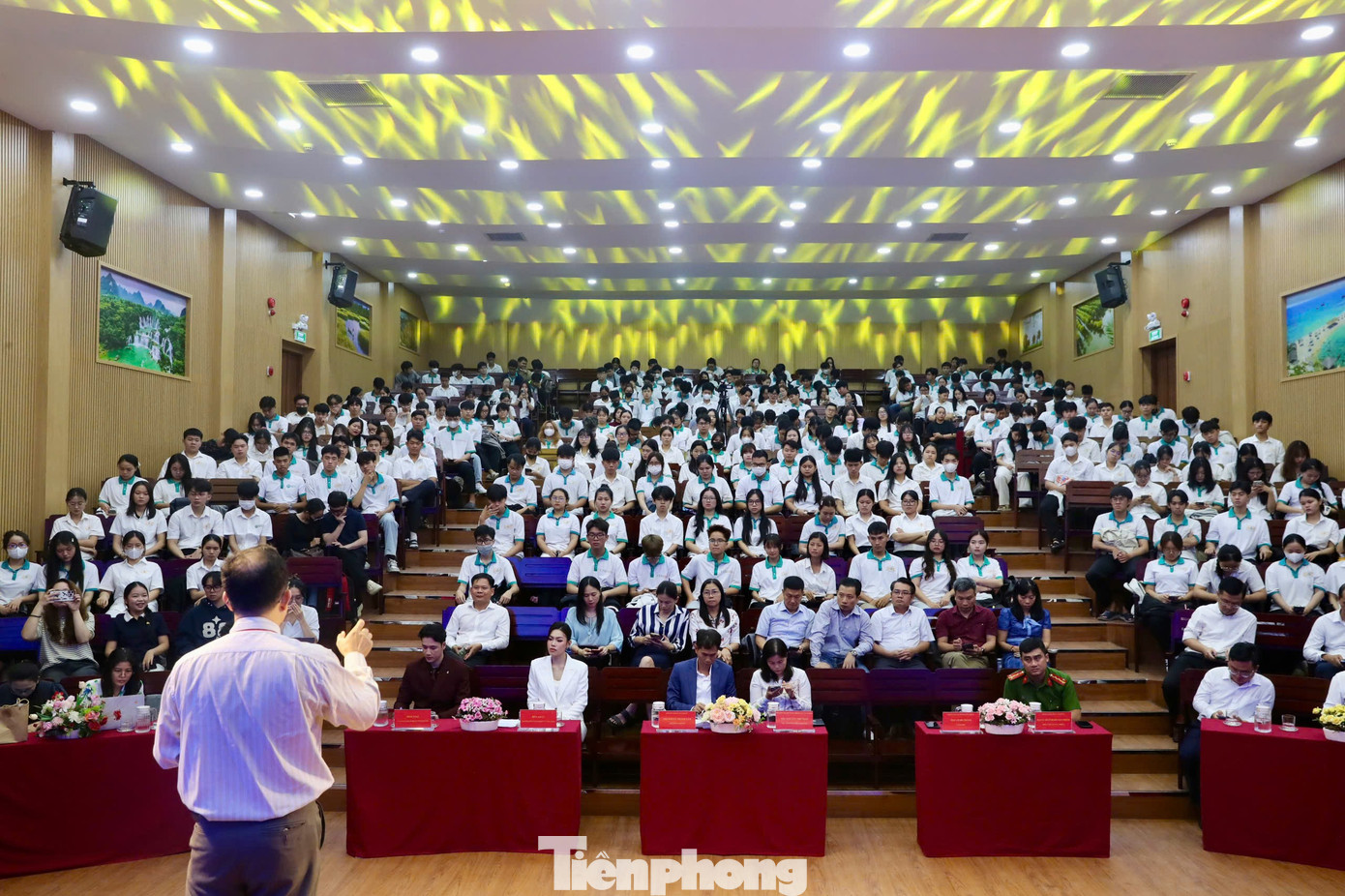
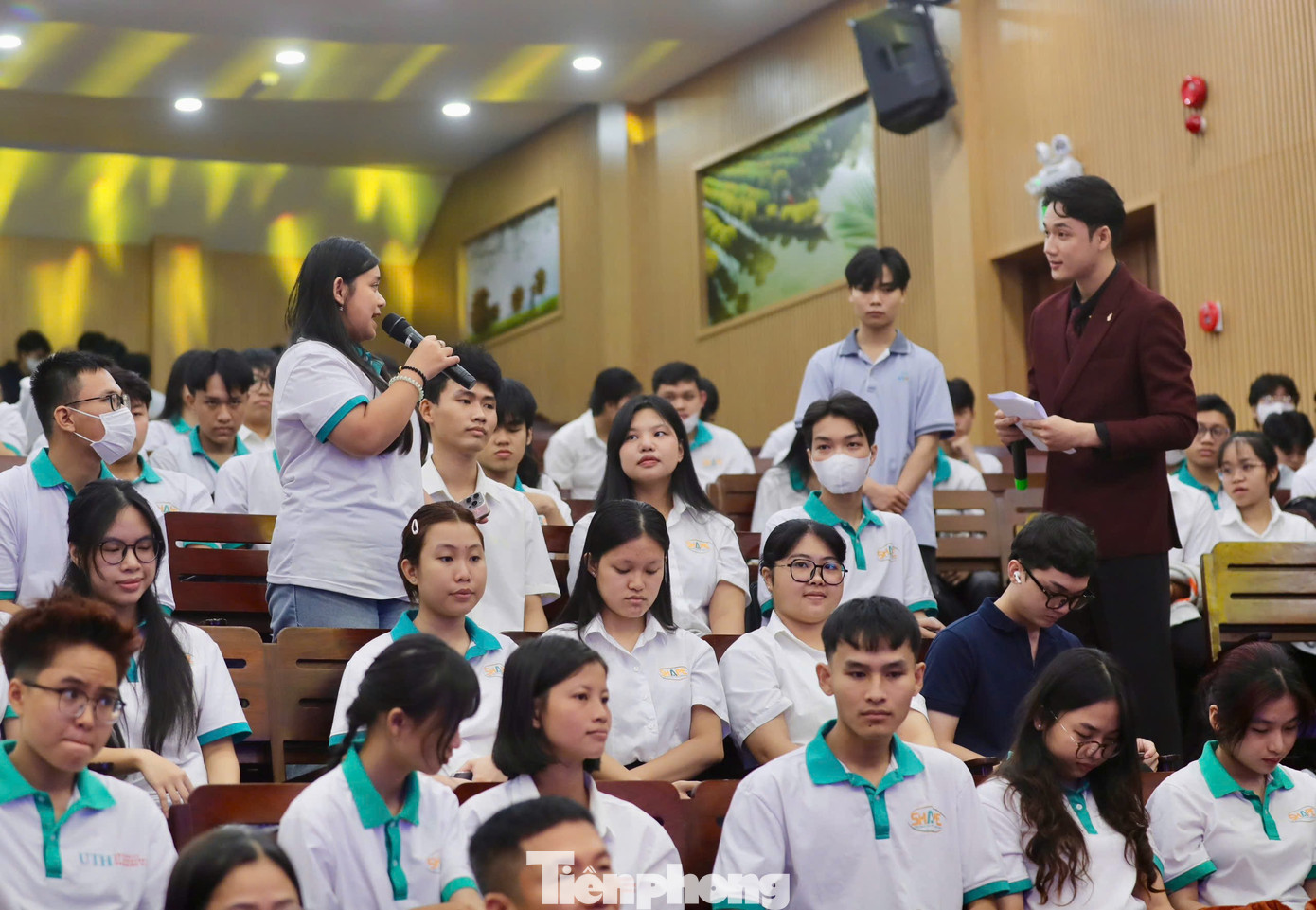
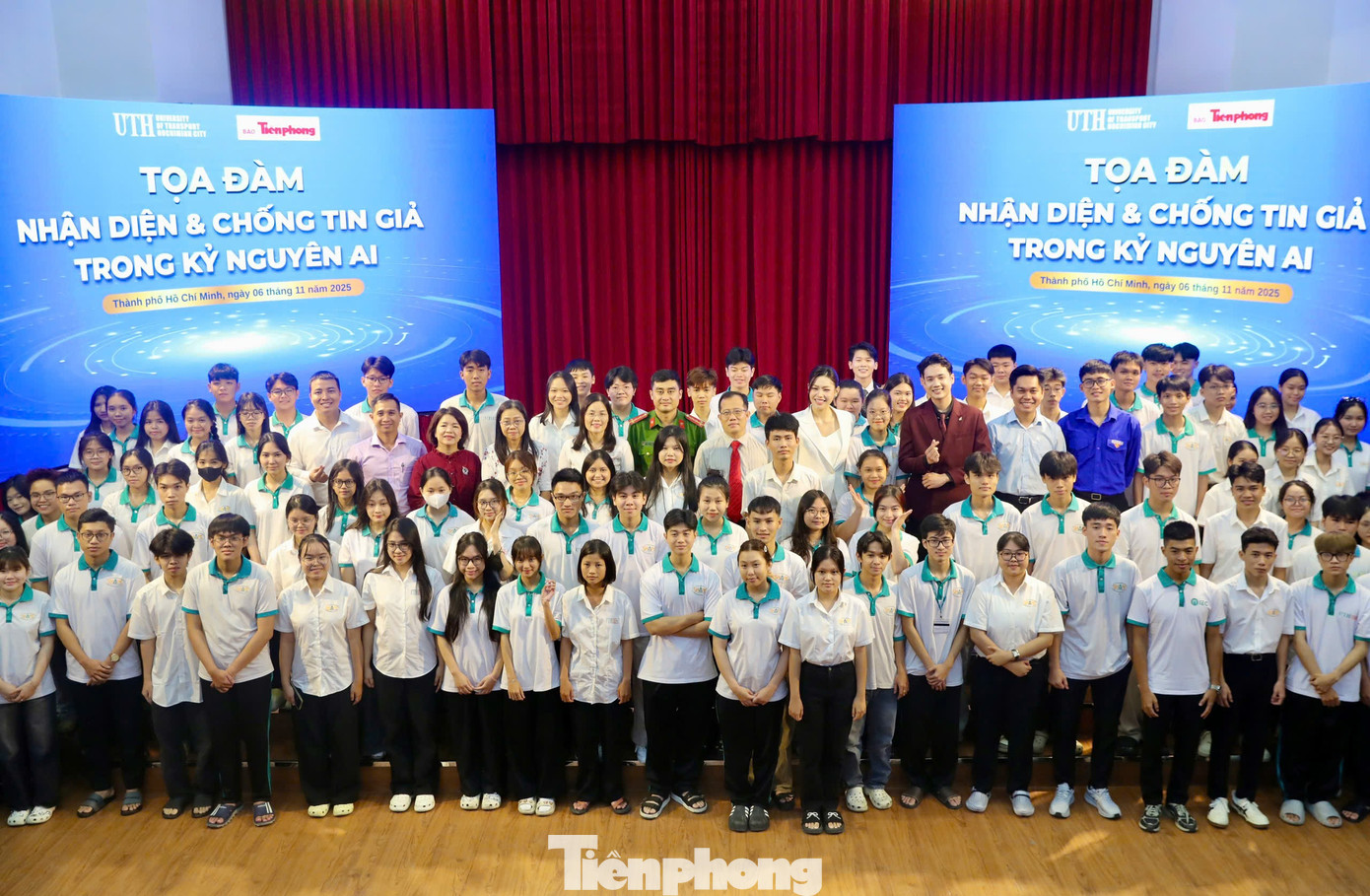
These contents are integrated into the civic activities program at the beginning of the course, helping students to both study and practice the ability to filter and analyze information. The school also regularly invites experts, lawyers, and journalism lecturers to share real-life situations and update new fraud tricks in cyberspace.
“These programs receive positive feedback from students because they are both timely and help them gain practical skills in digital life,” said Mr. Chien.
Mr. Chien emphasized that in the age of technology, receiving information is very easy, but the ability to distinguish and identify reliable information is the deciding factor.
“Each student is not only a learner but also a media messenger, contributing to spreading the right values in the community. With alertness, courage and a sense of responsibility, students of Ho Chi Minh City University of Transport will have the capacity to identify, react correctly and proactively fight against fake news in the online environment, contributing to building a healthy and safe digital space for the community”, Mr. Nguyen Duc Chien - Secretary of the Youth Union of Ho Chi Minh City University of Transport affirmed.
Source: https://tienphong.vn/ly-do-truong-dai-hoc-giao-thong-van-tai-tphcm-cho-sinh-vien-hoc-ve-ai-post1793940.tpo








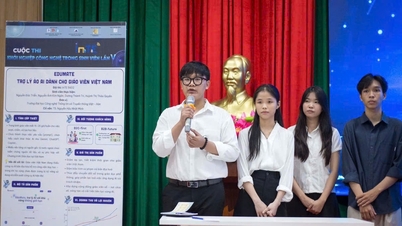



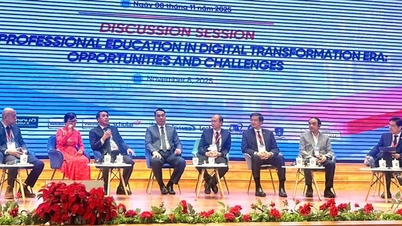

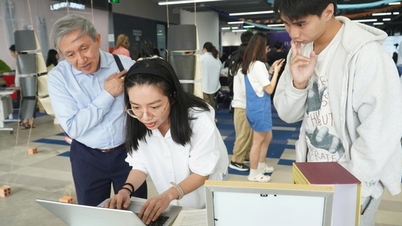








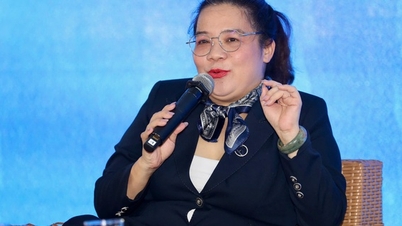

















































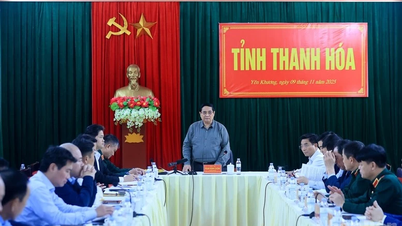








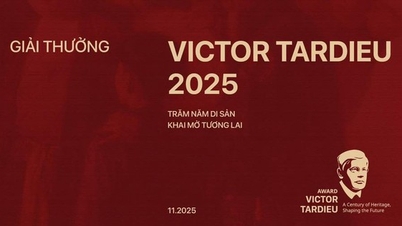


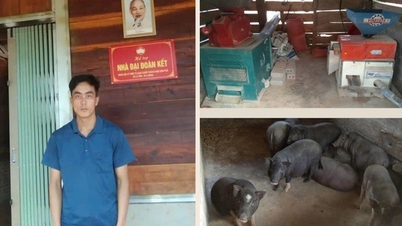
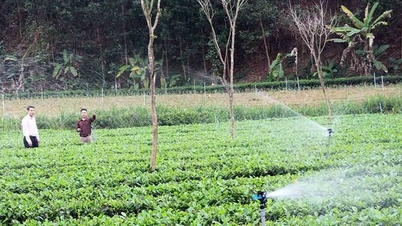








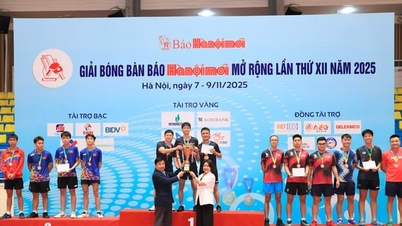



![Dong Nai OCOP transition: [Part 2] Opening new distribution channel](https://vphoto.vietnam.vn/thumb/402x226/vietnam/resource/IMAGE/2025/11/09/1762655780766_4613-anh-1_20240803100041-nongnghiep-154608.jpeg)









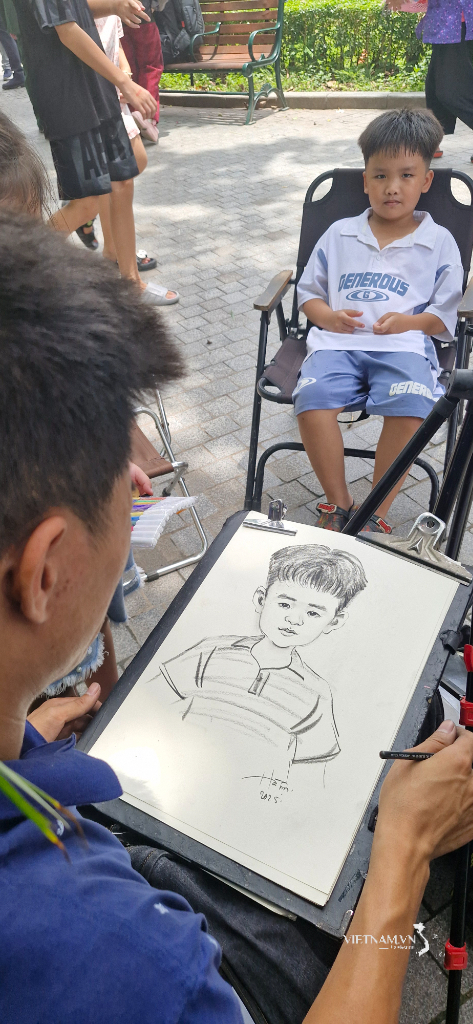



Comment (0)